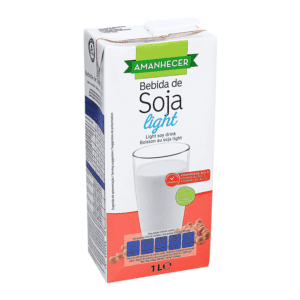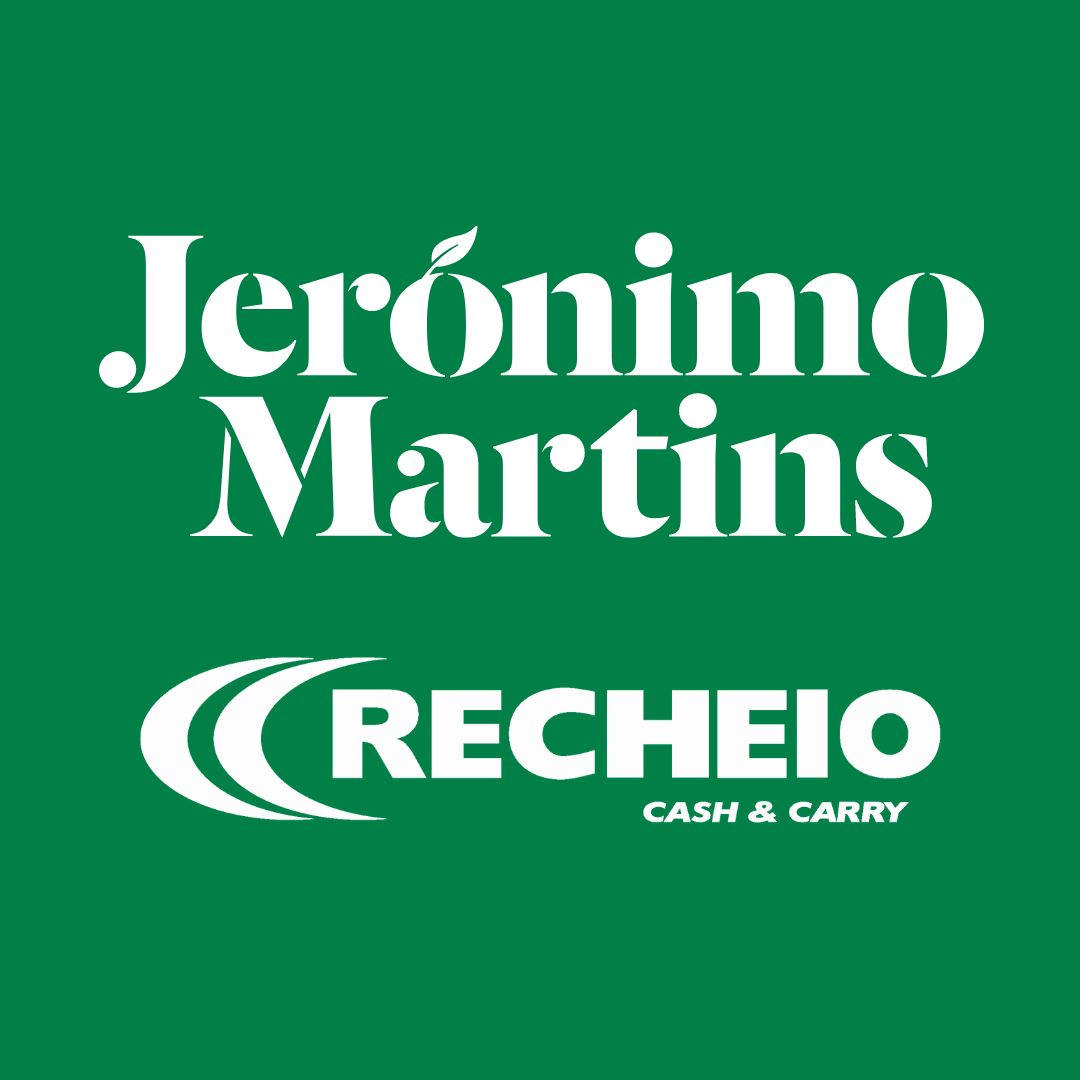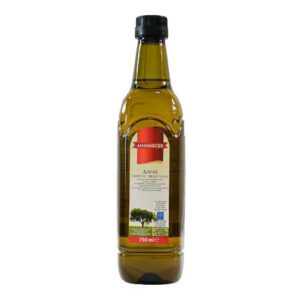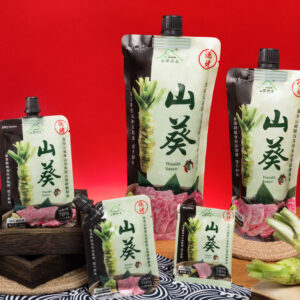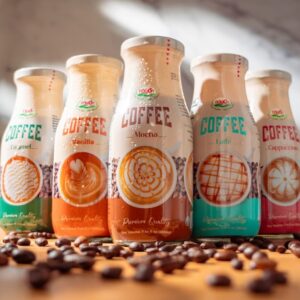
Top 10 Soft Drink Companies
The global soft drink industry is a dynamic and expansive sector, encompassing a wide array of non-alcoholic beverages that cater to diverse consumer preferences worldwide. In 2023, the market was valued at approximately $410.29 billion and is projected to reach $622.50 billion by 2030, growing at a Compound Annual Growth Rate (CAGR) of 4.7% during the forecast period.
Several factors contribute to this robust growth:
- Evolving Consumer Preferences: There is a significant shift towards healthier beverage options, with consumers increasingly seeking low-sugar, natural, and functional drinks that offer additional health benefits.
- Product Innovation: Companies are continually introducing new flavors, formulations, and packaging solutions to attract and retain customers, including the development of eco-friendly packaging and customized bottle designs.
- Rising Disposable Incomes: Increasing disposable incomes, particularly in emerging markets, have led to higher consumer spending on premium and specialty soft drinks.
- Urbanization and Lifestyle Changes: Rapid urbanization and changing lifestyles have increased the demand for convenient, ready-to-drink beverages that cater to on-the-go consumption.
Geographically, North America leads the market, accounting for over 30% of global revenue, followed by Europe and the rapidly expanding Asia-Pacific region.
The Asia-Pacific region is expected to witness significant growth due to increasing urbanization, rising disposable incomes, and a growing population.
In summary, the global soft drink market is poised for substantial growth, driven by health-conscious consumer trends, continuous product innovation, and expanding markets. Companies that adapt to these evolving dynamics are well-positioned to capitalize on the opportunities within this vibrant industry.

1. The Coca-Cola Company
- Headquarters: Atlanta, Georgia, USA
- Why It Stands Out: Coca-Cola leads the global market with iconic brands such as Coca-Cola, Fanta, and Sprite, maintaining a presence in over 200 countries.
- Key Innovations: Expansion into zero-sugar options, plant-based beverages, and premium bottled water.
2. PepsiCo
- Headquarters: Purchase, New York, USA
- Why It Stands Out: PepsiCo’s diverse portfolio includes Pepsi, Mountain Dew, and Gatorade, alongside snacks, making it a dominant player in both beverage and food markets.
- Key Innovations: Investments in sustainable packaging and functional beverages like Propel Fitness Water.
3. Keurig Dr Pepper
- Headquarters: Burlington, Massachusetts, and Plano, Texas, USA
- Why It Stands Out: The company combines coffee and soft drinks under brands like Dr Pepper, Canada Dry, and 7UP, catering to diverse consumer tastes.
- Key Innovations: Emphasis on flavored sparkling water and expansion into ready-to-drink coffee.
4. Red Bull GmbH
- Headquarters: Fuschl am See, Austria
- Why It Stands Out: Red Bull revolutionized the energy drink market and maintains its dominance with a 25% market share in the segment.
- Key Innovations: Introduction of limited-edition flavors and functional energy beverages.
5. Nestlé Waters
- Headquarters: Vevey, Switzerland
- Why It Stands Out: Known for premium bottled water brands like Perrier and San Pellegrino, Nestlé focuses on sustainability and health-oriented products.
- Key Innovations: Development of eco-friendly packaging and flavored mineral waters.
6. Monster Beverage Corporation
- Headquarters: Corona, California, USA
- Why It Stands Out: Monster is a key player in the energy drink segment, offering a wide range of products targeted at young, active consumers.
- Key Innovations: Expansion into coffee-infused energy drinks and sugar-free variants.
7. Suntory Beverage & Food Limited
- Headquarters: Tokyo, Japan
- Why It Stands Out: Suntory offers a diverse range of beverages, from soft drinks to teas, with brands like Orangina and Lucozade.
- Key Innovations: Introduction of functional and plant-based beverages in Asian and global markets.
8. Asahi Group Holdings
- Headquarters: Tokyo, Japan
- Why It Stands Out: Asahi produces a variety of non-alcoholic beverages, including the popular Calpis brand, appealing to both traditional and modern consumers.
- Key Innovations: Focus on low-calorie drinks and probiotic-enhanced beverages.
9. Britvic PLC
- Headquarters: Hemel Hempstead, UK
- Why It Stands Out: Britvic’s portfolio includes Robinsons, Tango, and J2O, focusing on innovation and sustainability in the soft drink market.
- Key Innovations: Expansion into sugar-free and functional beverage categories.
10. Fever-Tree
- Headquarters: London, UK
- Why It Stands Out: Specializing in premium mixers, Fever-Tree has gained a loyal consumer base with its high-quality tonic waters and mixers.
- Key Innovations: Development of low-calorie and botanical mixers.
Major Trends in the Soft Drink Industry
1. Shift Toward Healthier Beverage Options
Consumers are increasingly gravitating toward healthier alternatives, such as low-sugar, zero-calorie, and functional beverages. The sugar-free soft drink segment is projected to grow at a CAGR of 7.2% through 2030, as consumers become more health-conscious and governments impose sugar taxes.
2. Rise of Functional and Fortified Drinks
Functional beverages that offer added health benefits, such as energy boosts, immunity support, or enhanced hydration, are becoming a key growth driver. Ingredients like adaptogens, electrolytes, and probiotics are now common in soft drink formulations.
3. Premiumization and Craft Beverages
The demand for premium and artisanal soft drinks is on the rise. Small-batch, craft sodas with exotic flavors and high-quality ingredients are appealing to consumers seeking unique and indulgent experiences.
4. Sustainability and Eco-Friendly Packaging
Sustainability has become a major focus for soft drink companies. Brands are investing in biodegradable packaging, aluminum cans, and bottle recycling initiatives to reduce their environmental footprint.
5. Digital and Direct-to-Consumer Channels
The rise of e-commerce and direct-to-consumer models has transformed how soft drink companies engage with their customers. Subscription services, online marketing, and social media platforms are being leveraged to reach younger and tech-savvy demographics.
6. Growth in Emerging Markets
Emerging markets, particularly in the Asia-Pacific and Africa regions, are experiencing significant growth due to urbanization, increasing disposable incomes, and a younger population. These markets are expected to contribute over 40% of global soft drink revenue by 2030.

Main Challenges in the Soft Drink Industry
1. Regulatory Pressures and Sugar Taxes
Governments worldwide are imposing stricter regulations on sugar content, labeling, and advertising, leading to reformulation challenges for soft drink producers. Sugar taxes, currently enforced in over 50 countries, are encouraging brands to innovate with healthier alternatives.
2. Rising Ingredient and Production Costs
The fluctuating costs of key ingredients, such as sugar, natural flavorings, and carbonation agents, coupled with increased packaging costs, are impacting profit margins. Energy and transportation costs have also risen, adding to operational challenges.
3. Supply Chain Disruptions
Global supply chain issues, including container shortages, port congestion, and labor disruptions, continue to affect the timely delivery of raw materials and finished products.
4. Competition from Alternatives
Non-traditional beverages like energy drinks, plant-based waters, and ready-to-drink teas are gaining market share, challenging traditional soft drink brands to diversify their offerings.
5. Environmental Impact
The environmental impact of plastic bottles and the high water usage involved in production remain critical concerns. Companies face increasing pressure from consumers and regulators to adopt sustainable practices.
6. Consumer Perception of Soft Drinks
The perception of soft drinks as unhealthy or environmentally harmful is a growing issue, particularly among younger, health-conscious demographics. Brands must work to reshape this narrative through innovation, transparency, and responsible marketing.
The Top 10 Soft Drink Companies illustrate the industry’s capacity to innovate and adapt, from embracing sustainability to developing cutting-edge functional beverages. Coca-Cola and PepsiCo dominate with their expansive portfolios, while emerging players like Fever-Tree focus on premiumization to carve out a niche in an evolving market landscape.
Soft drink companies are not just competing to meet today’s demands but also reshaping the beverage industry for future generations. With challenges like environmental impact, regulatory pressures, and health-conscious consumer trends, these brands are stepping up to create innovative solutions, such as plant-based drinks, eco-friendly packaging, and personalized digital experiences.
Platforms like uFoodin are pivotal in accelerating this transformation. By fostering collaborations, promoting innovative products, and unlocking opportunities in emerging markets, uFoodin empowers both established brands and new entrants to thrive in the global marketplace. The future of soft drinks lies in a delicate balance of tradition, innovation, and responsibility, and the brands leading the charge today are defining the beverages of tomorrow.
uFoodin Editorial Team
Bibliography
- Statista: Global Soft Drink Market Overview and Growth Projections
- Grand View Research: Trends in Non-Alcoholic Beverages
- Mordor Intelligence: Insights into the Soft Drink Industry
- Fortune Business Insights: Market Dynamics for Soft Drinks
- Future Market Insights: E-commerce Impact on Beverage Industry
- IMARC Group: Soft Drinks Industry Analysis and Challenges



